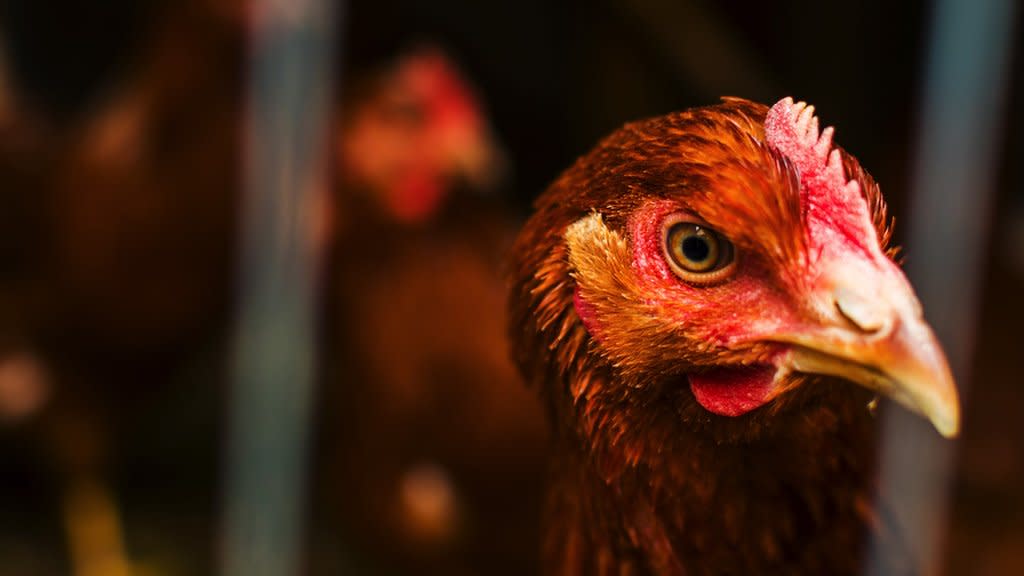Anti-Bird flu measures in place across Great Britain

The government has mandated that strong biosecurity measures be implemented by bird keepers in England, Scotland, and Wales to halt the spread of bird flu.
The greatest avian flu outbreak the country has ever experienced led the Department for Environment, Food, and Rural Affairs to propose the step.
It comes after local indoor dwelling regulations were implemented last week in portions of Essex, Norfolk, and Suffolk.
According to the authorities, there is still a very minimal possibility that the virus will harm people.
To stop the disease from spreading among poultry and captive birds, the chief veterinary officers of England, Scotland, and Wales announced an Avian Influenza Prevention Zone (AIPZ) throughout Great Britain.
Since late October 2021, 190 cases have been verified throughout the United Kingdom; more than 30 of these cases have been verified just this month.
The Food Standards Agency and the UK Health Security Agency both stated that there was very little danger from the virus to the general public’s health or consumer food safety. It states that eggs and other chicken products, when prepared properly, are safe to consume.
According to it, keepers with more than 500 birds would need to limit access for visitors who are not necessary. To reduce the chance of the disease spreading, workers would need to change their clothes and shoes before entering bird enclosures, and site vehicles would need to be frequently cleaned and disinfected.
In wild birds, avian influenza spreads naturally. When they travel, they might spread it to domestic chickens and other captive birds.
At its Langford Lake property, the Wiltshire Wildlife Trust discovered 20 deceased wild birds, most of which were Canada geese. Today, they discovered two more, this time swans.
A Defra crew removed two of the carcasses, and they are now testing them for possible avian flu.
The Wiltshire Wildlife Trust’s estates manager, Dave Turner, announced that he has put a stop to all river access, fishing, and instructional activities like pond dipping at the reserve. The charity urged people to stay on pathways and to avoid stepping in bird droppings.






